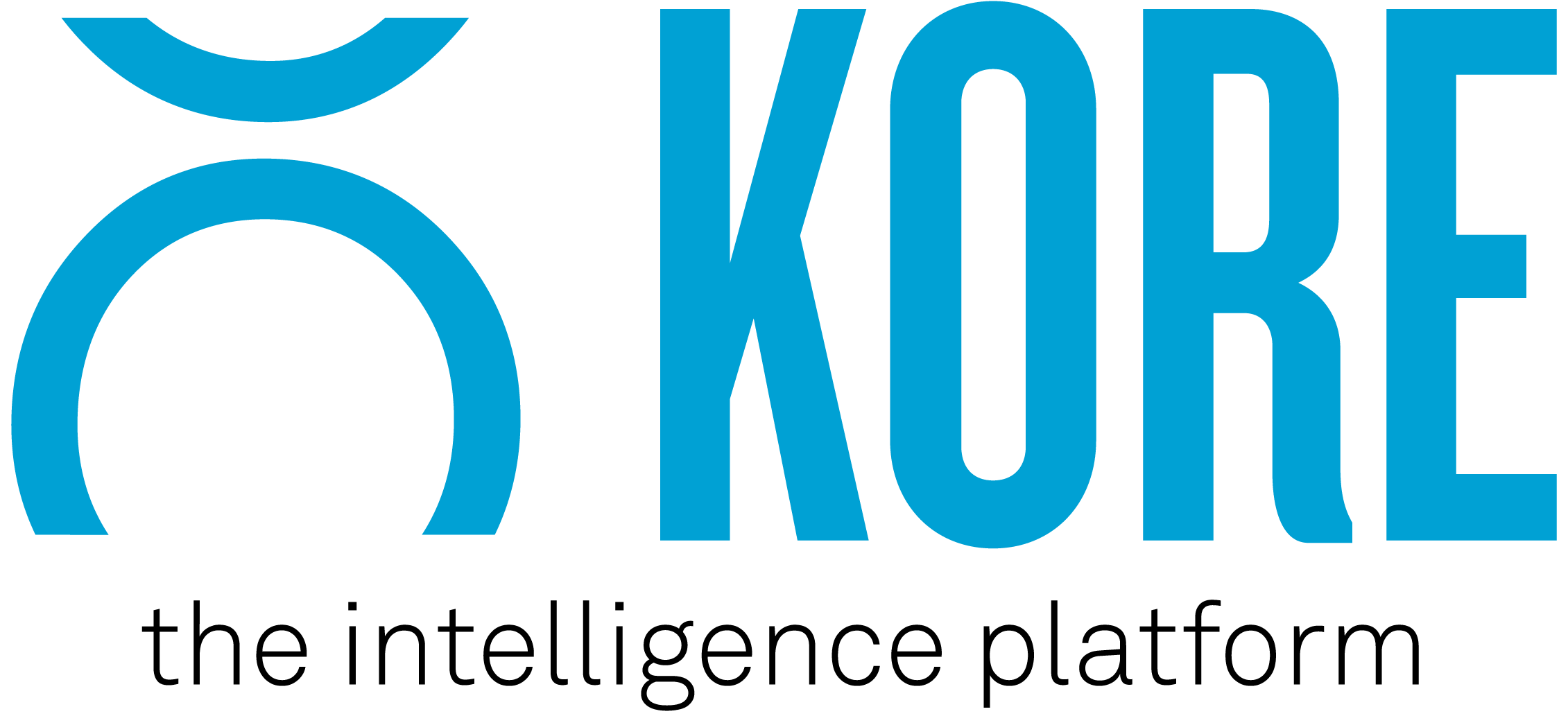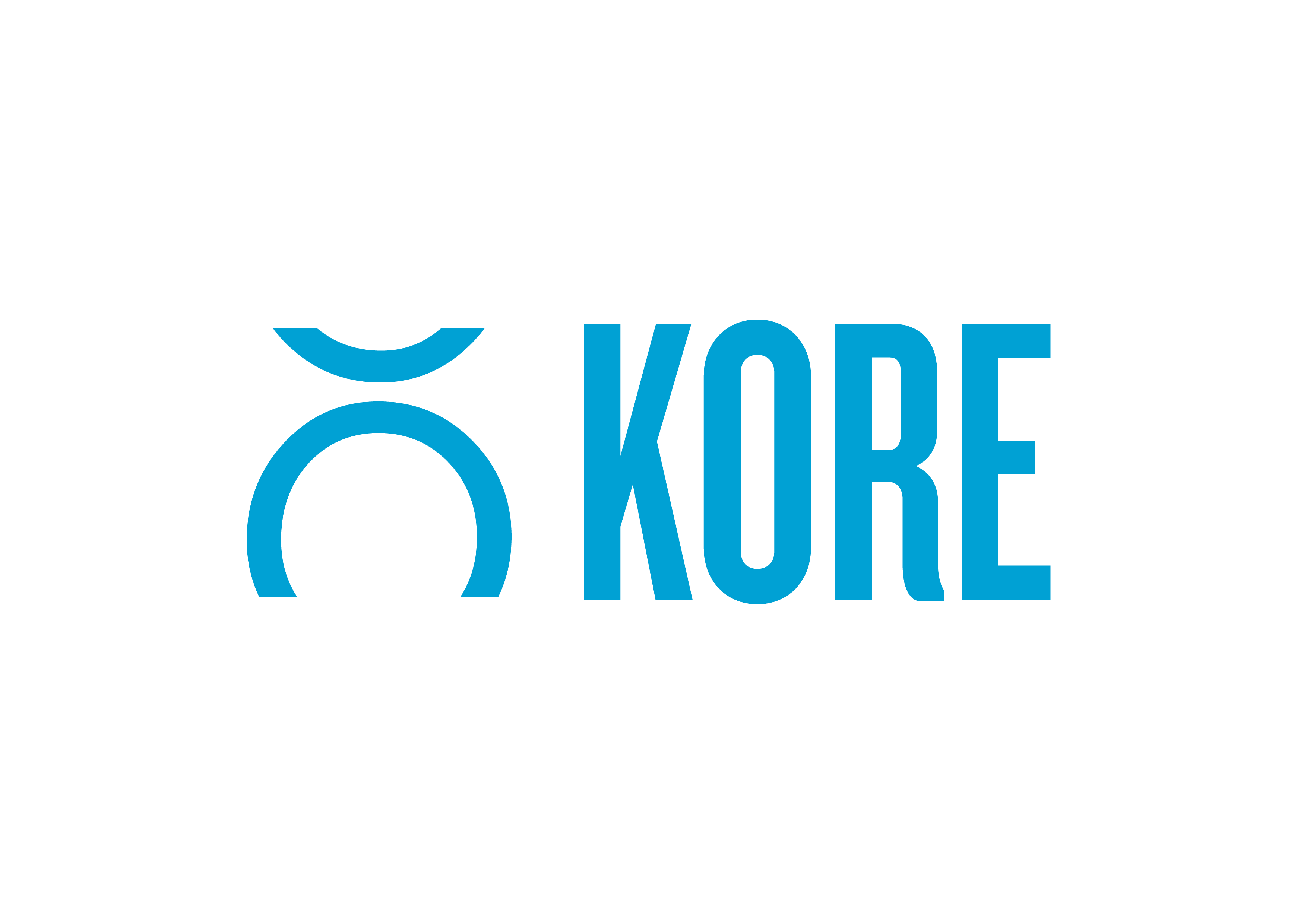Did you know that data loss costs small businesses about $75 billion per year in downtime?
We most often think of data loss in the form of an external data breach or cyber attack, however, you might be surprised to learn that malicious data breaches only account for about half of all data lost for most businesses. According to the 2020 Cost of a Data Breach Report, about 24% of business data loss can be attributed to human error, making it a significant cause of data loss in business. Data lost due to human error can take on many forms, but what it ultimately means is that one of the biggest threats to keeping business data safe comes from the employees within that business who are directly responsible for managing that data.
This can be especially true when we must adapt to unforeseen circumstances (i.e. a global pandemic) rather quickly. When the COVID-19 pandemic hit earlier this year, it brought up a lot of questions in the realm of Corporate Partnerships that needed to be answered. How much value is lost without fans? How do we determine the value lost for partnership assets yet to be activated? How do we continue to provide value for partners when most of our major assets can no longer be used?
Finding solutions to those problems is challenging enough but once those questions have been answered, keeping track of all that has changed in a space where legal contracts are involved provides an additional set of challenges.
Whether you are tracking these changes in a partnership software app like KORE Sponsorship & Partner Engagement or KORE KONNECT, in Excel spreadsheets, or even on sticky notes, here are a few things to consider when managing changes to partnership contracts impacted by COVID-19.
Have you backed up your partnership data?
The first thing to consider before making changes to your partnership data is taking a backup. This can be as complex as taking a backup of the entire database where your partnership data is stored or saving a copy of your partnership revenue reports in an alternate secure location. Either way, the goal is to make sure that an original copy of your data that will never be overwritten is set aside. This is important for several reasons:
- Mitigate Human Error
Given that we are the biggest threats to our data, taking a backup protects you in case human error enters the equation while the changes are being made. - Measure the Impact
It will help isolate and detail the level of impact COVID-19 had on your partnership agreements by making it easier to highlight the assets that required adjusting. - Secure Staging Data
It also gives you an initial source of the truth, allowing you to make future copies of your data for purposes like creating new agreements or for running before-and-after comparisons on your asset revenue. This will ensure you maintain a clear picture of what your partnership deals looked like before any changes were made, which is critically important for Finance departments.
And, speaking of Finance…
What does Finance need?
Oftentimes the needs of the Finance and Legal departments can differ from that of the Partnerships department. It is important to understand what Finance and/or Legal might need prior to editing partnership data because it will influence how to approach the editing process. For example, a Partnerships department is usually focused on tracking final total revenue numbers and delivering on the assets that make up that revenue for their partners. Finance must deliver for their partners as well and in addition to reporting to internal executives, their partners may also include external auditors. So, while details of the partnership agreement such as what assets were changed and why they were changed might exist in the heads of the activation team, that might not be enough to appease auditors when they are trying to understand exactly where your revenue is coming from at the end of the year.
Keeping Finance’s needs in mind as you approach this process will help you understand if:
- Additional contract documentation, such as a letter of agreement or an amendment, is required.
- New reports need to be developed to track the change of one asset to another, illustrating the actual movement of revenue.
- The recognition of revenue for these assets related to your organization’s fiscal year will change based on when you will be able to deliver on them.
What is your organization willing to offer?
It probably seems obvious that you would want to know what your organization can offer partners before making changes to deals or engaging in discussions about potential changes. However, the idea here is to make sure that you are not determining the path forward for your partners while editing the data of record simultaneously. Doing so increases the risk of data loss. Remember, we are the biggest threat to our own data.
If you can develop a plan before reaching the point of adjusting your partnership data to reflect your new-look agreements, it will reduce the risk that you may misrepresent your data in the process. It will also help you understand if other important data points, like credits, need to be tracked throughout the process if it is determined that a partner’s asset value cannot fully be recovered. After all, you have the data so you might as well use it!
What else?
While these tips were written with COVID-19 in mind, they can be applied any time changes to partnership data is required. Corporate partnerships are ever-evolving and there may be a need to swap assets or adjust data in a season not impacted significantly by external factors.
This is also just one piece of the puzzle. Once you’ve worked through each of these areas, other topics such as making changes to your data, tracking the activation for the new assets, and tracking canceled or voided assets will also need to be worked through. We have some tips on that too! Let’s talk!
KORE is the global leader in engagement marketing solutions, serving more than 200 professional teams and 850+ sports and entertainment properties worldwide, providing practical tools and services to harness customer data, facilitate sponsorship sales and activation, and create actionable insights.



